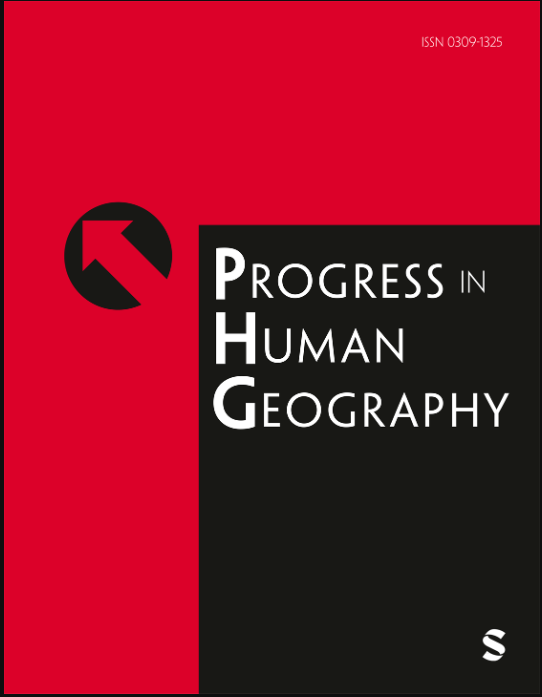The Belt and Road Initiative in Nepal: Potential impacts and implications
IF 6.1
1区 社会学
Q1 GEOGRAPHY
引用次数: 0
Abstract
The Belt and Road Initiative is emerging as a global phenomenon with a potential of bearing on almost all nations on Earth in different ways. In this context, this article, generally, is an attempt to demonstrate that impacts and implications of the BRI in Nepal will be governed by important national (Chinese) and international factors. Specifically, it argues that factors that have high developmental potential for Nepal include China's persistent rise and concomitant creation of the multipolar world, China's upholding of its international polices and the BRI principles, reproduction of the BRI experiences of other countries in Nepal, China's continuous pursuit of its socialism-aspiring path of development, its potential embarkment on a predominantly socialist path in the future. It argues that China’s future embarkment on a predominantly capitalist path can have ambivalent impacts ranging from highly appropriative to highly supportive. Likewise, the US–China conflict can also have ambivalent impacts ranging from boosting of Nepal’s negotiating power between the two powers to compromising of Nepal’s sovereignty and stability. The US–China conflict can also push China to treat Nepal as strategically highly important and, therefore, as a favored nation, pouring massive investments. It shows that the Chinese investment will enhance Nepal’s status vis-a-vis the US, the EU and India by cutting down its age-long dependencies on them; and will be conducive to the geographically-distributed development and capital accumulation.“一带一路”倡议在尼泊尔:潜在影响和启示
“一带一路”倡议正在成为一种全球现象,有可能以不同的方式影响地球上几乎所有国家。在这种背景下,本文试图证明“一带一路”在尼泊尔的影响和影响将受到重要的国家(中国)和国际因素的支配。具体而言,它认为尼泊尔具有高发展潜力的因素包括中国的持续崛起和随之而来的多极世界的创建,中国坚持其国际政策和“一带一路”原则,尼泊尔复制其他国家的“一带一路”经验,中国继续追求其社会主义发展道路,未来可能走上以社会主义为主的道路。它认为,中国未来走上以资本主义为主的道路可能会产生矛盾的影响,从高度挪用到高度支持。同样,美中冲突也可能产生矛盾的影响,从提高尼泊尔在两个大国之间的谈判能力到损害尼泊尔的主权和稳定。美中冲突也可能促使中国将尼泊尔视为具有高度战略重要性的国家,因此,作为一个受惠国,投入大量投资。这表明,中国的投资将通过减少对美国、欧盟和印度的长期依赖,提高尼泊尔相对于这些国家的地位;并将有利于地域分布的发展和资本积累。
本文章由计算机程序翻译,如有差异,请以英文原文为准。
求助全文
约1分钟内获得全文
求助全文
来源期刊

Progress in Human Geography
GEOGRAPHY-
CiteScore
16.40
自引率
7.00%
发文量
56
期刊介绍:
Progress in Human Geography is the peer-review journal of choice for those wanting to know about the state of the art in all areas of research in the field of human geography - philosophical, theoretical, thematic, methodological or empirical. Concerned primarily with critical reviews of current research, PiHG enables a space for debate about questions, concepts and findings of formative influence in human geography.
 求助内容:
求助内容: 应助结果提醒方式:
应助结果提醒方式:


